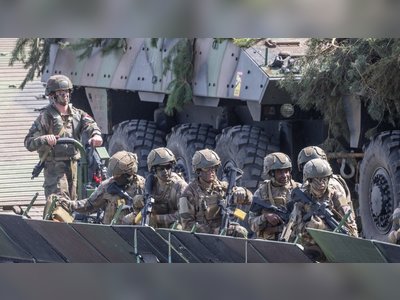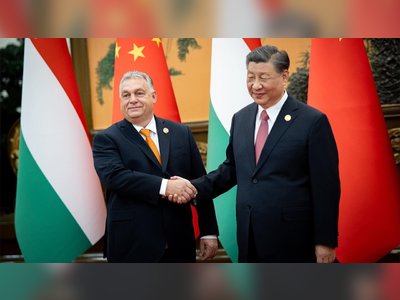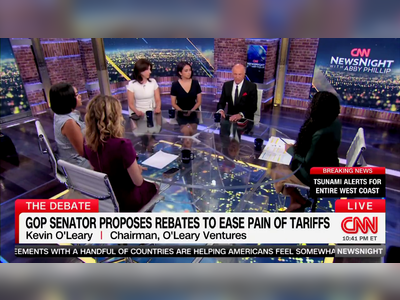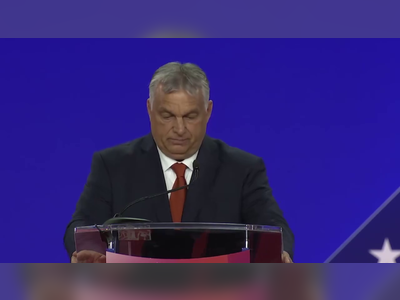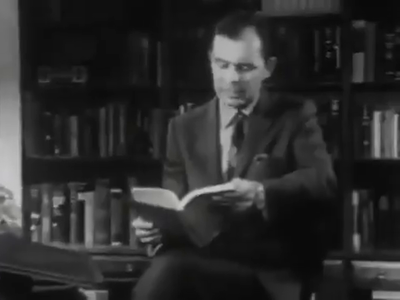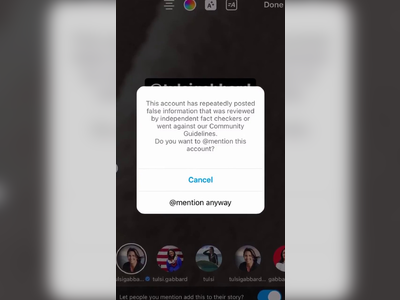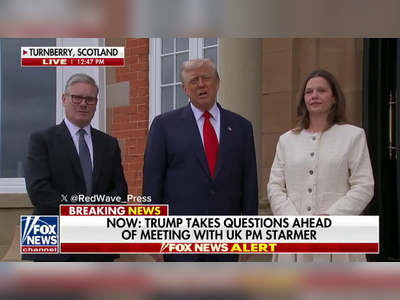0:00
0:00
The US aligns with Russia in opposing a UN resolution that condemns the invasion of Ukraine.
In an unexpected turn of diplomacy, the United States joins forces with Russia in opposing a resolution that represents the increasing worldwide dissatisfaction with the invasion of Ukraine.
In a notable shift from its previous positions, the United States voted with Russia on Monday against a United Nations resolution that condemned Moscow's invasion of Ukraine.
This resolution was viewed as a significant reflection of global opinion about the ongoing conflict, which marks its third anniversary.
Predominantly supported by European countries, the resolution received 93 votes in favor, 18 votes against, while 65 nations abstained.
The U.S. decision to align with Russia, Belarus, North Korea, and Sudan against the resolution signifies a significant change in President Donald Trump’s stance on the Ukraine issue, representing a departure from a prior easing of relations with Russia.
The resolution fundamentally denounced Russia's actions in Ukraine and highlighted the necessity of honoring Ukraine's territorial integrity and sovereignty.
As tensions heightened between Trump and Ukrainian President Volodymyr Zelensky, the U.S. proposed an alternative resolution, which faced backlash from other countries.
France, in particular, suggested amendments to the U.S. draft, insisting on the inclusion of the phrase “full-scale invasion of Ukraine” while reaffirming a commitment to Ukraine's territorial sovereignty, which was missing from the U.S. proposal.
Supporters of Ukraine, especially in Europe, found the U.S. draft unacceptable in its original form, prompting significant revisions.
Hungary, led by Prime Minister Viktor Orban, one of Europe’s most pro-Russian leaders, voted against the proposed amendments.
The final resolution adopted by the General Assembly preserved strong language condemning Russia and emphasized the necessity of maintaining Ukraine's borders, a key element in earlier UN resolutions mainly supported by the U.S. under former President Joe Biden.
In comments just prior to the vote, Dorothy Shea, the U.S. envoy to the UN, remarked, "Neither these amendments, nor the resolution proposed by Ukraine will halt the violence. The UN must put an end to the killing," urging all member states to concentrate on restoring the UN's fundamental mission of international peace and security.
After the General Assembly's decision, the United States is expected to present its original text to the UN Security Council for a vote later in the day.
A U.S. State Department representative indicated that the U.S. intends to use its veto power against any amendments suggested by Russia or European nations.
According to UN rules, resolutions submitted to the Security Council must receive at least nine votes from the 15 members and cannot be vetoed by any of the five permanent members, which include the U.S., Britain, France, Russia, and China.
Even if the EU members in the Council—France, Slovenia, Denmark, and Greece, along with the UK—were to abstain, the U.S. resolution could still be approved.
This scenario poses a challenge for France and Britain, potentially forcing them to make difficult choices about exercising their veto powers for the first time in over thirty years, as their leaders, Emmanuel Macron and Keir Starmer, are in the U.S. for important talks regarding Ukraine.
UN Secretary-General Antonio Guterres has called for a peace approach that fully honors Ukraine's territorial integrity and follows the principles set forth in the UN Charter.
This resolution was viewed as a significant reflection of global opinion about the ongoing conflict, which marks its third anniversary.
Predominantly supported by European countries, the resolution received 93 votes in favor, 18 votes against, while 65 nations abstained.
The U.S. decision to align with Russia, Belarus, North Korea, and Sudan against the resolution signifies a significant change in President Donald Trump’s stance on the Ukraine issue, representing a departure from a prior easing of relations with Russia.
The resolution fundamentally denounced Russia's actions in Ukraine and highlighted the necessity of honoring Ukraine's territorial integrity and sovereignty.
As tensions heightened between Trump and Ukrainian President Volodymyr Zelensky, the U.S. proposed an alternative resolution, which faced backlash from other countries.
France, in particular, suggested amendments to the U.S. draft, insisting on the inclusion of the phrase “full-scale invasion of Ukraine” while reaffirming a commitment to Ukraine's territorial sovereignty, which was missing from the U.S. proposal.
Supporters of Ukraine, especially in Europe, found the U.S. draft unacceptable in its original form, prompting significant revisions.
Hungary, led by Prime Minister Viktor Orban, one of Europe’s most pro-Russian leaders, voted against the proposed amendments.
The final resolution adopted by the General Assembly preserved strong language condemning Russia and emphasized the necessity of maintaining Ukraine's borders, a key element in earlier UN resolutions mainly supported by the U.S. under former President Joe Biden.
In comments just prior to the vote, Dorothy Shea, the U.S. envoy to the UN, remarked, "Neither these amendments, nor the resolution proposed by Ukraine will halt the violence. The UN must put an end to the killing," urging all member states to concentrate on restoring the UN's fundamental mission of international peace and security.
After the General Assembly's decision, the United States is expected to present its original text to the UN Security Council for a vote later in the day.
A U.S. State Department representative indicated that the U.S. intends to use its veto power against any amendments suggested by Russia or European nations.
According to UN rules, resolutions submitted to the Security Council must receive at least nine votes from the 15 members and cannot be vetoed by any of the five permanent members, which include the U.S., Britain, France, Russia, and China.
Even if the EU members in the Council—France, Slovenia, Denmark, and Greece, along with the UK—were to abstain, the U.S. resolution could still be approved.
This scenario poses a challenge for France and Britain, potentially forcing them to make difficult choices about exercising their veto powers for the first time in over thirty years, as their leaders, Emmanuel Macron and Keir Starmer, are in the U.S. for important talks regarding Ukraine.
UN Secretary-General Antonio Guterres has called for a peace approach that fully honors Ukraine's territorial integrity and follows the principles set forth in the UN Charter.
AI Disclaimer: An advanced artificial intelligence (AI) system generated the content of this page on its own. This innovative technology conducts extensive research from a variety of reliable sources, performs rigorous fact-checking and verification, cleans up and balances biased or manipulated content, and presents a minimal factual summary that is just enough yet essential for you to function as an informed and educated citizen. Please keep in mind, however, that this system is an evolving technology, and as a result, the article may contain accidental inaccuracies or errors. We urge you to help us improve our site by reporting any inaccuracies you find using the "Contact Us" link at the bottom of this page. Your helpful feedback helps us improve our system and deliver more precise content. When you find an article of interest here, please look for the full and extensive coverage of this topic in traditional news sources, as they are written by professional journalists that we try to support, not replace. We appreciate your understanding and assistance.

